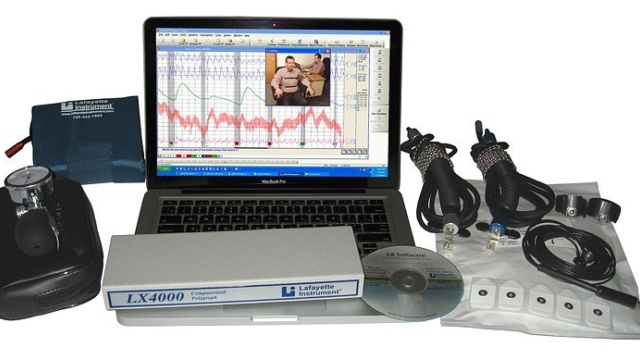
Welcome to the exploration of the lie detector test, a tool that has fascinated and intrigued both the public and experts alike for decades. Designed to uncover the truth behind deceptive behaviors, the lie detector test, also known as a polygraph examination, stands as a pillar in the realm of forensic psychology and criminal investigations. As we delve into the intricate workings of this diagnostic instrument, we embark on a journey to unmask the complexities surrounding human deception and the quest for truth.
The lie detector test has long been a subject of both controversy and intrigue, with its potential to unveil hidden truths that may otherwise remain concealed. By scrutinizing physiological responses such as heart rate, blood pressure, and perspiration levels, the polygraph aims to discern the veracity of a person’s statements. With each beat of the heart and every fluctuation in skin conductance, the lie detector test endeavors to decode the intricacies of human deceit, shedding light on the shadowy terrain of lies and deception.
Lie detector test
History of Lie Detector Test
The concept of detecting deception dates back centuries, but the modern lie detector test as we know it traces its roots to the early 20th century. During that time, various psychologists and researchers began exploring ways to determine if a person was being truthful or not using physiological responses.
One of the key figures in the development of the lie detector test was William Moulton Marston, who in the 1920s created an early version known as the systolic blood pressure test. This test measured changes in blood pressure as an indicator of deception, laying the foundation for the polygraph test we use today.
It wasn’t until the mid-20th century, however, that the use of polygraph tests became more widespread, especially in law enforcement and government agencies. Over the years, advancements in technology have improved the accuracy and reliability of lie detector tests, making them a valuable tool in investigative processes across various fields.
Accuracy of Lie Detector Test
When it comes to the accuracy of lie detector tests, there are differing opinions among experts. Some argue that these tests can be reliable indicators of deception, pointing to the physiological changes that occur when someone is being untruthful. On the other hand, critics believe that factors such as anxiety, nervousness, or even a person’s belief in the test’s accuracy can influence the results.
Research studies have shown mixed findings regarding the effectiveness of lie detector tests. While some studies suggest that these tests have a high level of accuracy in detecting deception, others indicate that there is a significant margin of error. The interpretation of test results can also vary depending on the examiner’s expertise and the specific techniques used during the test.
It is important to consider the limitations of lie detector tests when evaluating their accuracy. These tests are not admissible as evidence in many legal systems due to concerns about their reliability. Despite advancements in technology and methodologies, the debate over the accuracy of lie detector tests continues to be a topic of interest in both the scientific and legal communities.
Ethical Considerations
First and foremost, it is essential to address the ethical implications associated with the use of lie detector tests. Ensuring that the individual undergoing the examination fully understands the purpose and potential consequences of the test is crucial in upholding ethical standards. Consent, transparency, and respect for the examinee’s rights and privacy must be prioritized throughout the entire process.
Moreover, the accuracy and reliability of lie detector tests raise ethical concerns. While these tests can provide valuable insights, it is vital to recognize their limitations and the potential for false results. Relying solely on the outcomes of a lie detector test without considering other factors can lead to unjust outcomes and misinterpretations, which can have serious repercussions on individuals’ lives and reputations.
Additionally, the ethical considerations extend to the impact of administering lie detector tests in various contexts, such as employment screenings or legal proceedings. Ensuring that the tests are conducted fairly, without bias or discrimination, and interpreting the results with caution are imperative ethical guidelines. Upholding integrity, fairness, and justice when leveraging lie detector tests is essential to mitigate any potential harm or misuse of this technology.


